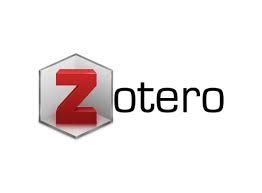Le séminaire des jeunes chercheurs Llacan & Lacito commence à trouver son rythme. Ce lundi 17 juin avait lieu une séance de travail sur le thème de la préparation au terrain. Une séance riche d’échanges, en présentiel et en visio. De quoi alimenter également le contenu du futur livret d’accueil du Llacan sur lequel notre équipe va recommencer à travailler dès cet été.



 Ce mercredi 7 février 2024, de 10h à 11h ,nous recevons Paul Roger Bassong (Collège de France & University of Yaounde 1), pour une communication sur le bantou des Grassfields : A smuggling-based approach to focus fronting in Grassfields Bantu.
Ce mercredi 7 février 2024, de 10h à 11h ,nous recevons Paul Roger Bassong (Collège de France & University of Yaounde 1), pour une communication sur le bantou des Grassfields : A smuggling-based approach to focus fronting in Grassfields Bantu.